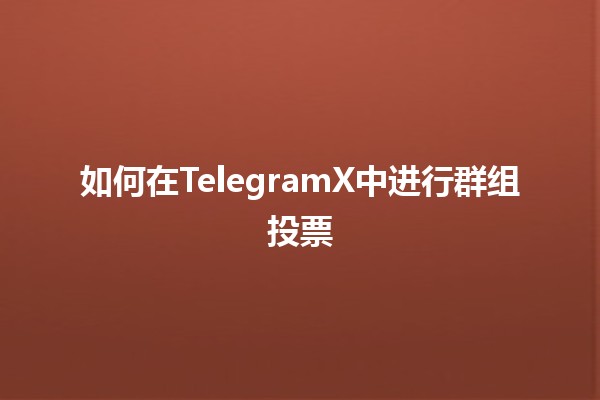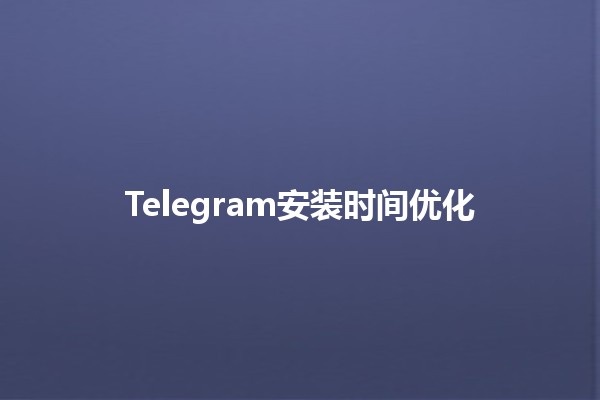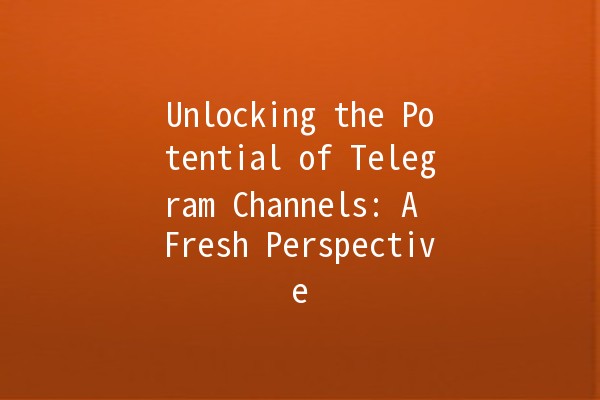Retracting Messages on Telegram: The Essential Insights 🚀💬

In today’s fastpaced digital world, instant messaging apps like Telegram have become integral to our communication. Telegram is not just another messaging app; it has carved a niche for itself with unique features that appeal to a wide audience. One of the standout functionalities is the ability to retract messages. This feature allows users to remove messages after they've been sent, which can be crucial in various situations. In this article, we will explore the ins and outs of retracting messages on Telegram, the motivations behind its use, and the implications it has on digital communication.
Understanding Telegram's Message Retraction Feature 🤔
Before we delve into the details, let's understand what message retraction means within the context of Telegram. When you send a message on Telegram, whether it’s text, images, videos, or files, it becomes a part of the conversation. However, mistakes happen. A message might be sent to the wrong person, contain typos, or perhaps the sender may simply change their mind about what they wish to convey.
Telegram provides a builtin mechanism for users to retract messages—effectively deleting them from the chat for both the sender and recipient. This functionality is essential to maintain clarity, respect, and control over one’s own communications.
The Mechanics of Retracting Messages 🔧

Retracting a message on Telegram is a simple process. The user needs to follow these steps:
Time Frame for Retraction
Telegram allows users to retract messages at any time, but it is crucial to acknowledge that once a message has been read, recipients may still be aware that a conversation has taken place—even if the message content is no longer visible.
Reasons for Message Retraction 🤷♂️
The ability to retract messages serves several essential purposes:
Sometimes, we hit the send button too quickly, barely glancing at our message. Typos or grammatical errors can make a casual conversation seem unprofessional or confusing. Retracting such messages allows users to maintain a level of professionalism and clarity in their communications.
In the realm of digital communication, feelings can change. A message might be sent in a moment of excitement or frustration, but upon reflection, the sender might feel the need to retract it. This feature allows for a graceful exit from potential misunderstandings or uncomfortable conversations.
Users may inadvertently share sensitive information or personal opinions that they later wish they hadn’t. The ability to retract messages empowers users to take control of their digital footprint and protect their privacy.
In group chats, one misplaced message can lead to confusion or drama. Retracting messages in a group context can mitigate potential fallout from misunderstandings among multiple parties.
Implications of Retracting Messages 🔄
While the message retraction feature offers significant benefits, it also raises several important considerations.
In personal and professional relationships alike, communication is often built on a foundation of trust. The ability to retract messages can create a sense of uncertainty. If a person frequently retracts messages, it could lead to questions about the transparency of their communication. Maintaining open dialogue about why messages are retracted can help address these concerns.
Changes in what was previously communicated can subtly shift the dynamics between conversational partners. If a sender continuously retracts messages, the recipient may start to feel insecure or anxious about the exchanges, leading to strained relationships.
For users who may not be familiar with the feature, they might misinterpret a deleted message as a sign of conflict or unhappiness. Clear communication about intentions behind message retraction is vital to avoid misunderstandings.
Best Practices for Message Retraction 📝
Here are some best practices to consider when retracting messages on Telegram:
Taking a moment to review your message before sending it can significantly reduce the need for retraction. This step can help prevent misunderstandings and show a level of professionalism.
While the option to retract messages is valuable, overusing it may convey a lack of confidence or clarity. It’s essential to use the feature judiciously to maintain credibility.
If you have retracted a message and the content was essential or sensitive, it might be helpful to clarify your intentions to the recipient. This step fosters trust and reduces any potential confusion.
In professional contexts, significant communications should be documented. Relying too heavily on the retract feature for workplace dialogues can lead to a lack of accountability.
: Embracing Digital Communication with Confidence 🌟
The ability to retract messages on Telegram is a powerful tool that, when used appropriately, can enhance the quality of our communication. Whether it's correcting a simple typo or rectifying a message sent in haste, the retract feature provides users with a sense of control over their conversations.
However, like any tool, its efficacy relies heavily on the user's discretion and intent. By following best practices and understanding the implications of our digital communication, we can foster healthier relationships, both personally and professionally.
In the everevolving landscape of digital interaction, embracing features that enhance clarity and understanding is paramount. With Telegram’s message retraction, users have a unique opportunity to navigate the complexities of communication with greater confidence—ensuring that every message reflects their true intent.
Other News

如何在TelegramX中进行群组投票 🤖📊

Telegram安装时间优化 🚀📱

Telegram Mac版下載地址及其特色功能探索!
